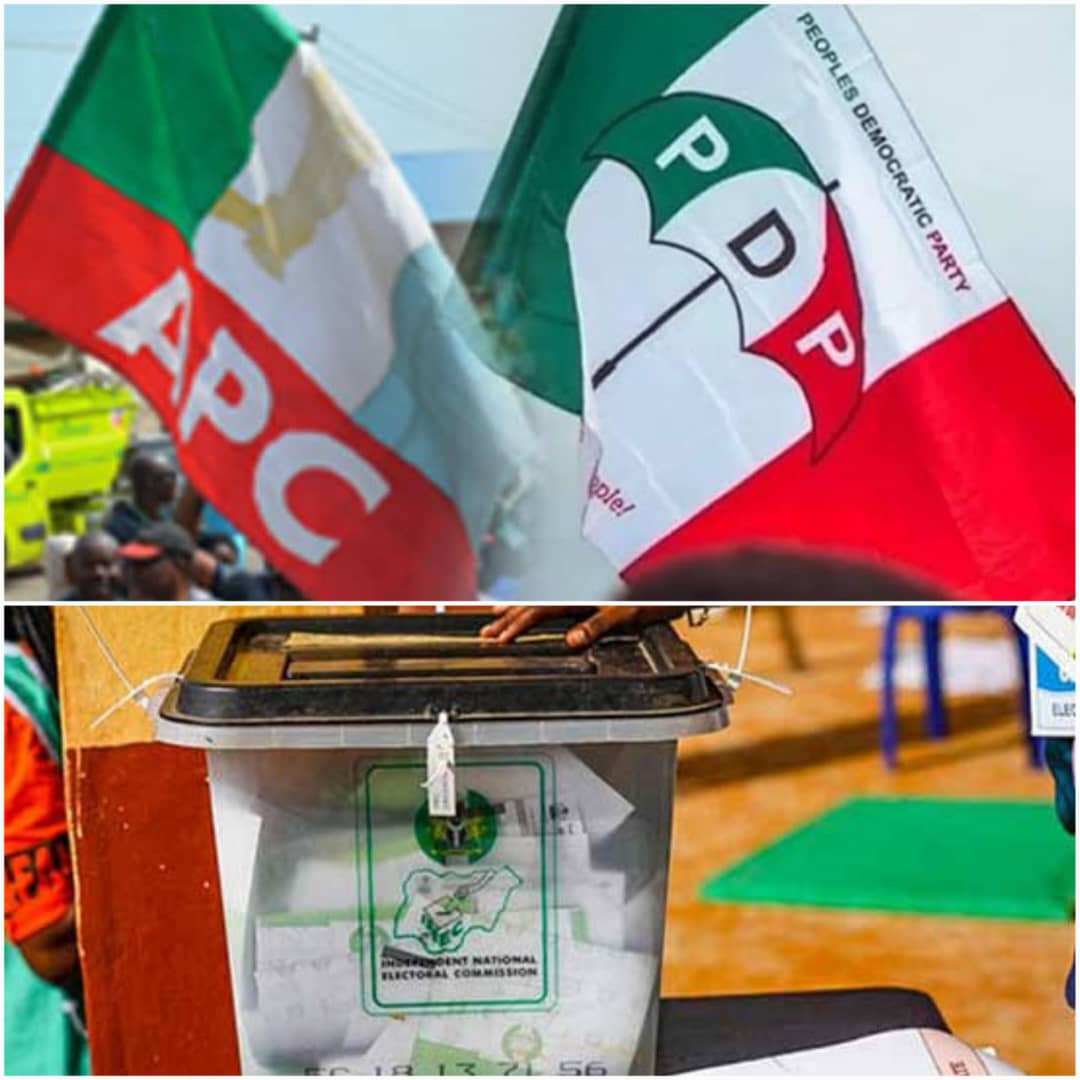
The recently concluded Edo 2024 election has been a subject of intense debate, with claims and counterclaims of electoral malpractice dominating public discourse.
Allegations have emerged that the People’s Democratic Party (PDP) orchestrated a plan to rig the election, only for it to be foiled by the swift actions of security agencies.
This revelation has added another layer of intrigue to an already heated political environment, with the All Progressives Congress (APC) emerging victorious in what is being hailed as one of the most credible elections in Edo State’s recent history.
The Alleged Rigging Scheme Unraveled
According to reports, fake electoral materials were recovered from two individuals with alleged ties to the PDP. Henry Okpamen, who remains at large, and Thaddeus Irabor, who is currently in police custody, are accused of being central figures in this plot. Both men are said to be known members of the PDP, casting a shadow over the party’s integrity in this election.
These revelations have prompted many to reassess the narrative put forth by PDP members, who have claimed the election was manipulated in favor of the APC.
Video evidence purportedly captures the moment these fake materials were seized, underscoring the coordinated effort by security agencies to ensure the election’s credibility.
The actions of these agencies have been widely praised for safeguarding the democratic process, preventing what could have been a rigged election, and ensuring the true will of the Edo people was reflected in the final outcome.
Contrasting Candidacies: The Professor vs. the ‘Panel-Beater’
The 2024 election was marked by a striking contrast between the candidates of the two major parties. The PDP fielded a candidate who was lauded as a Professor of English, while the APC’s candidate, Monday Okpebholo, was mockingly referred to as a “panel-beater.” Yet, this metaphor of the “panel-beater” has taken on a different meaning post-election. Supporters of Okpebholo have embraced the term, framing his victory as symbolic of his potential to “panel-beat” Edo State into a modern, progressive state.
*Watch Video*
This narrative strikes at the heart of the election’s symbolism. The people of Edo, it seems, voted for someone they believe can practically address their needs, irrespective of their academic qualifications. For many, Okpebholo represents the everyman—a figure who, like them, understands the struggles of ordinary citizens and is committed to real, tangible change.
This sentiment has been echoed across the state, with many celebrating the fact that individuals from all walks of life—whether mechanics, tailors, or vulcanizers—now have the confidence to aspire to leadership positions.
Post-Election Reactions: The Cry of the Defeated
The defeat of the PDP in Edo has led to emotional reactions from some of its members, most notably Emmanuel Odigie, who made a tearful appearance on AriseTV.
His emotional outpouring has been met with skepticism from many APC supporters, who accuse the PDP of crying wolf. They argue that the PDP’s protestations stem not from genuine grievances, but from the frustration of seeing their alleged rigging plans foiled.
This narrative has gained traction in the wake of the election, as it was observed that PDP members had previously refused to sign the peace agreement, a move that raised suspicions about their intentions.
Moreover, incendiary remarks from certain PDP figures—threatening that “Nigeria will burn” and framing the election as a “do or die” affair—further fueled concerns that the party was preparing for electoral malpractice.
In contrast, the APC has been credited with running a clean campaign, relying on the trust of the electorate rather than underhanded tactics.
A New Dawn for Edo: The Rise of the People’s Candidate
For the APC and its supporters, this election represents a turning point in Edo’s political history. The phrase “A New Edo Has Risen” has been used to describe the sense of empowerment felt by everyday citizens, who see in Okpebholo’s victory the validation of their own aspirations.
In a state long dominated by elite politics, the rise of a candidate from a humble background is a testament to the democratizing power of the ballot.
The 2024 election has also shattered the myth that only those with high academic credentials can govern.
It has reaffirmed the belief that leadership is not about titles, but about a candidate’s ability to connect with the people, understand their needs, and deliver results.
Edo’s voters, by choosing a “panel-beater,” have sent a clear message that they value competence and vision over pedigree and status.
Conclusion: A Victory for Democracy
The foiling of the PDP’s alleged rigging plot and the subsequent victory of the APC’s Monday Okpebholo marks a significant moment for democracy in Edo State.
The election was not only a referendum on the two candidates but also a testament to the strength of Nigeria’s democratic institutions.
The swift action of security agencies in preventing electoral fraud ensures that the voice of the people was heard loud and clear.
As Edo State looks ahead, it does so with the hope that Okpebholo will indeed “panel-beat” the state into a modern, thriving entity.
His victory is a victory for every mechanic, hairdresser, vulcanizer, and baker who now dares to dream of a better future—not just for themselves, but for the entire state.
Indeed, a new Edo has risen, and with it, the promise of a brighter tomorrow.


Be the first to comment